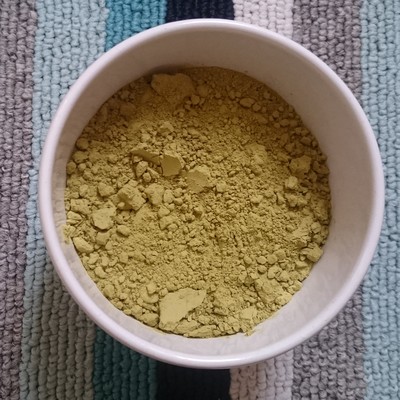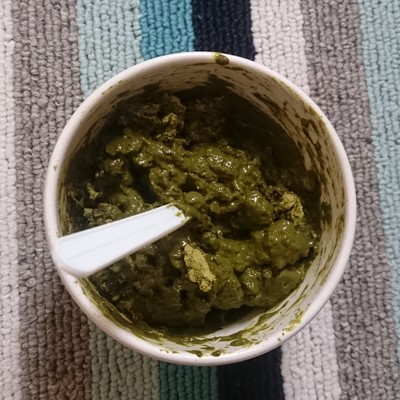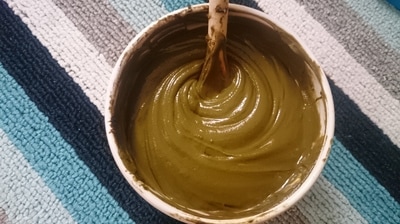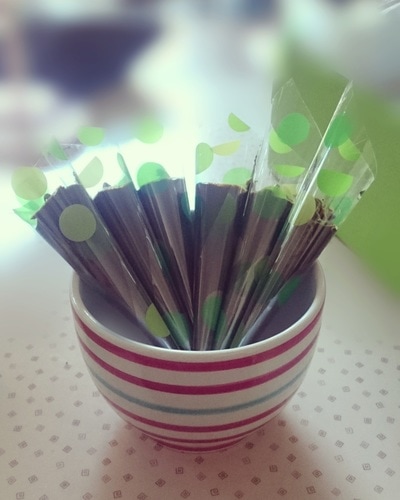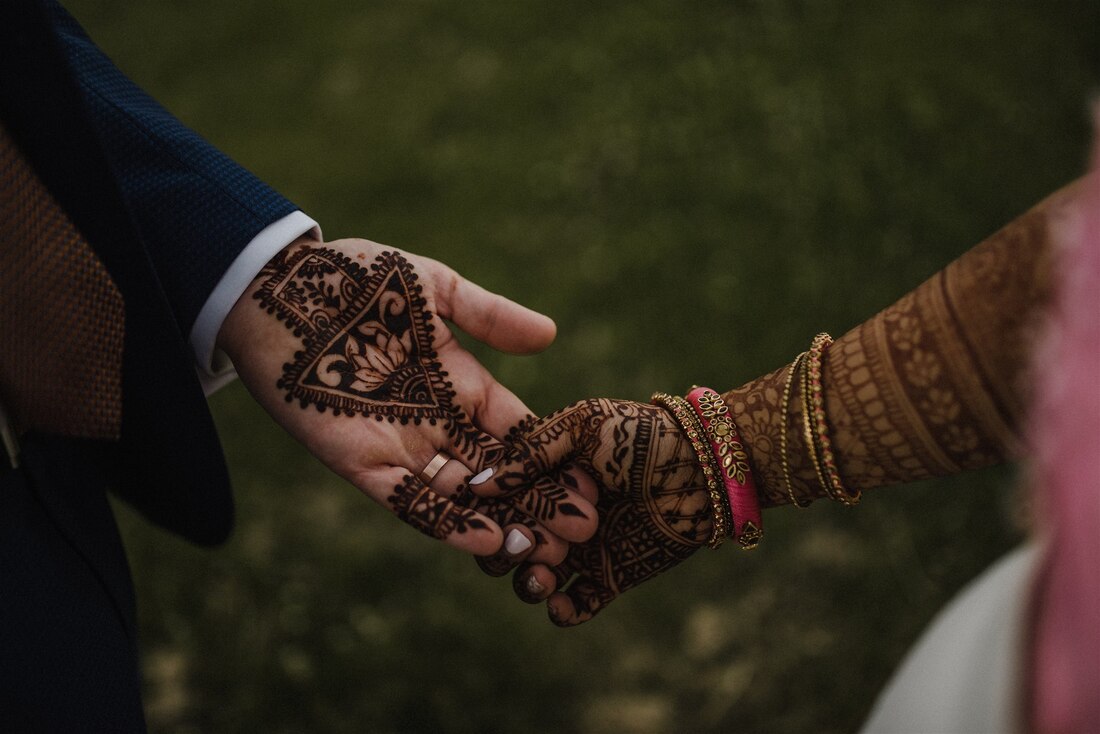What is Henna ?
Henna (also known as Mehndi) is the traditional form of temporary body art. The henna design is formed on the skin with the henna paste which is made from the powdered, dried leaves of the henna plant named Lawsonia Inermis. The colour of the henna varies from red-orange to different shades of brown depending on the time the henna paste stays on skin and other factors too.
Henna is widely used in weddings by brides to make their day even more special and many other different cultural and religious occasions !!!
Henna is widely used in weddings by brides to make their day even more special and many other different cultural and religious occasions !!!
Henna After Care:
The area of henna application should be washed off nicely (there should not be any moisturizer or lotion on the skin)
- It is preferred that manicures and pedicures are done before the application of henna
- It usually takes 24- 48 hours after paste removal for the henna to stain
- Leave the Henna Paste on skin for 6-8 hours. The longer it stays on the skin the darker stain it gets. If possible, leave the henna overnight on skin
- Moisture the design with lemon sugar sealant. Spay or tap the juice on the design with cotton. This helps seal the design and prevent it from flaking off
- Henna & Heat are friends. To get a darker stain you can steam the area of henna gently (Optional)
- To keep the henna on skin overnight, it can be covered with toilet paper, medical tape etc
- Remove the paste using olive oil and a butter knife or spoon. DO NOT WASH THE HENNA WITH WATER
- Apply aftercare balm on the design. This helps the henna design avoid direct contact with water
- Try to avoid direct contact with water for 24 hours. The stain will be light orange right after the removal of paste, and then gradually within 48 hours the color will develop to dark brown ( depending on body chemistry and the duration of paste on skin ).
- Enjoy your HENNA ^_^
Black Henna Warning:
We do not use BLACK Henna or support the use of BLACK Henna.
Henna is never black. If the color of henna is black or the stain is black, it is not natural henna. It might contain PPD (para-phenylenediamine) which can be harmful to your skin.
For more Information about Black Henna visit:
www.hennapage.com/henna/warnings.htmlHenna page
Henna is never black. If the color of henna is black or the stain is black, it is not natural henna. It might contain PPD (para-phenylenediamine) which can be harmful to your skin.
For more Information about Black Henna visit:
www.hennapage.com/henna/warnings.htmlHenna page

